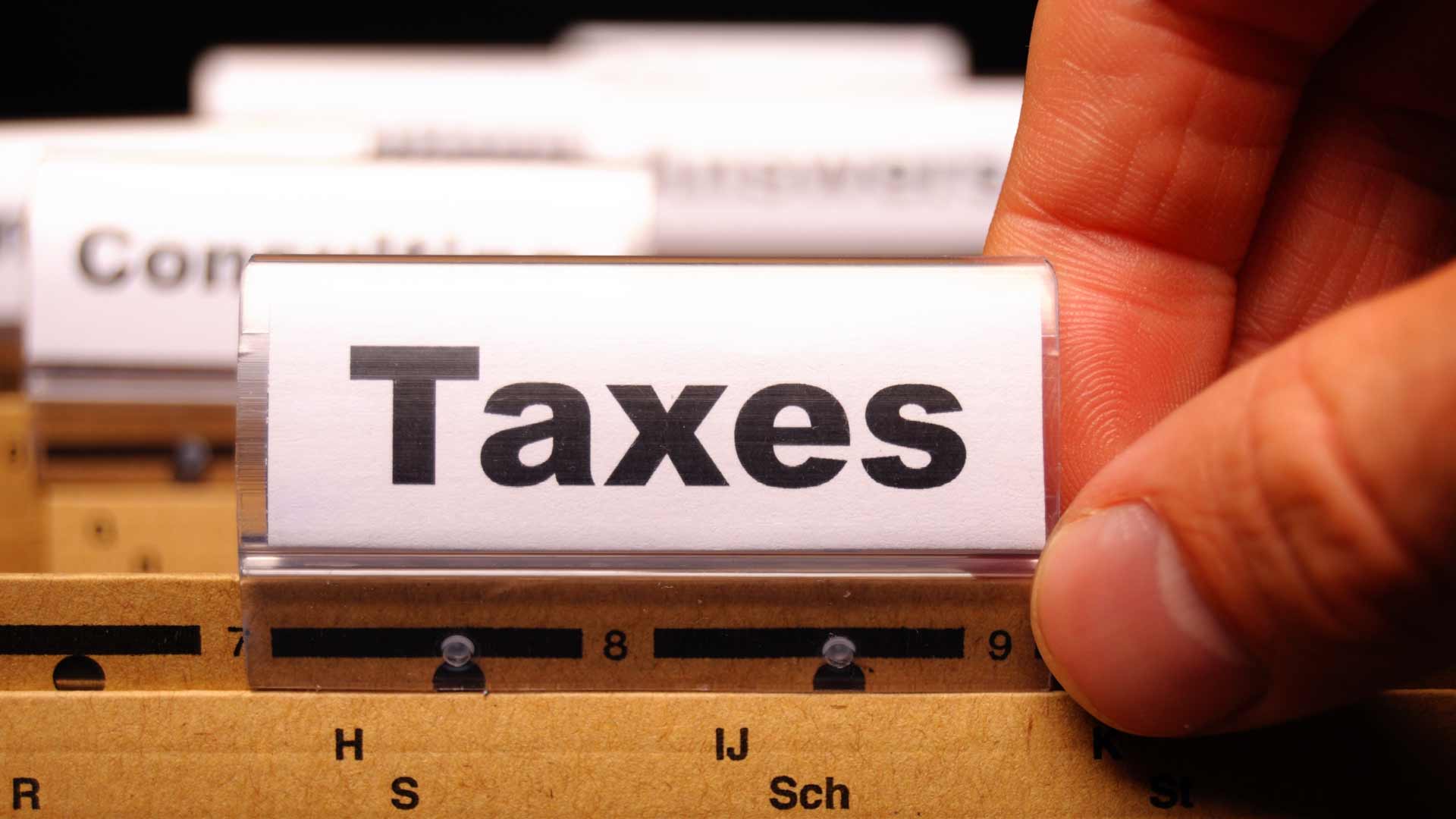SMEs: Staying on the right side of the taxman
Remaining SARS compliant can be a constant challenge for small- to medium-enterprises (SMEs), especially when they are trying to focus on growing their businesses and streamlining their operations.
EasyBiz
Managing Director, Gary Epstein, says submitting taxes can be a seamless process that does not have to take up more time than is necessary.
“If business owners understand what is required of them and they put a few processes into place to deal with their tax submissions properly, their lives will be so much easier.”
What are the top three considerations for SMEs when submitting tax returns?
“Firstly,” says Epstein, “SARS returns must be accurate and submitted in terms of the relevant Act. Secondly, returns should be submitted and paid on time to avoid unnecessary penalties and interest, and thirdly, business owners must follow up on queries issued by SARS. “Do not ignore these queries, act on them as soon as possible”.
What are the major SARS submission deadlines for SMEs?
Epstein points out that small business owners need to adhere to various tax deadlines, each with their own particular dates for submission.
“It is important that business owners diarise the dates (and set advance reminders for themselves) and/or enlist the services of an accountant or financial adviser to help them keep abreast of requirements.”
- Value-added tax (VAT)
- Provisional taxes
- Employee taxes
When can SMEs get extensions and is it worth it?
Epstein says SMEs can apply for various extensions, but these are subject to the Income Tax Act and Tax Administration Act.
“It is best for SMEs to consult their tax professionals to get advice regarding extensions for their businesses.”
What is SARS not flexible about?
SARS is not flexible when it comes to late returns and late payments.
“I cannot stress enough how important it is for SME owners to ensure their tax returns are submitted on time. In this way, they will avoid the inconvenience and expense of additional fines and interest,” notes Epstein.
What skills do SMEs need in their organisations to be able to submit to SARS efficiently?
Business owners often don’t have the time or expertise to deal with tax submissions throughout the year. If the business cannot afford to employ a full-time accountant or financial services expert, it would do well to outsource its tax requirements to a registered tax practitioner.
“I would recommend that even if they are not submitting the tax returns themselves, business owners should have a broad understanding of the tax regulations and what is expected of them. There is a lot of helpful information on the various Acts and tax requirements on SARS’ website,” says Epstein.
How does the right software help SMEs remain SARS compliant?
SME’s (and their accountants’) jobs can be made easier by using reliable accounting software to calculate accurate VAT reports. These reports are only as accurate as the data entered into them, which means care needs to be taken when inputting data into the accounting programme.
Epstein says a good accounting software package must be reliable, easy to use and functional.
“SMEs need to check that the software has thorough reporting capabilities and can interface with other software solutions. Of course, it is also important to find out whether the software is locally supported by the vendor or not.”

